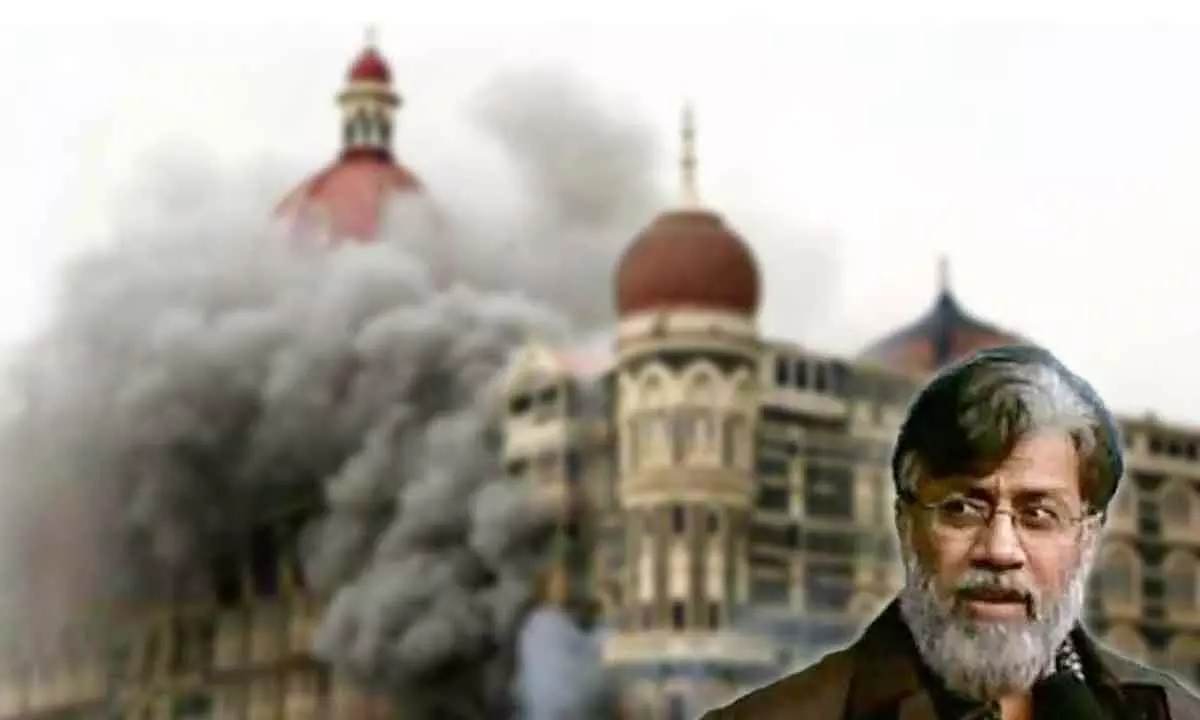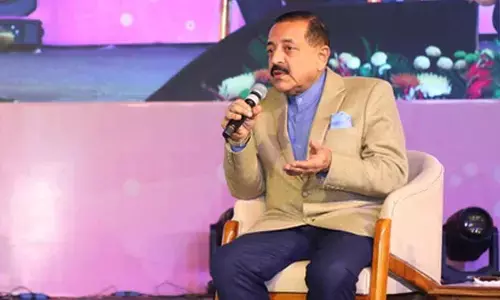US court clears extradition of 26/11 attack accused to India

New York: A US court has cleared the extradition of Pakistani-Canadian businessman Tahawwur Rana to India where he is sought for his involvement in the 2008 Mumbai terror attacks.
Said to be linked with Pakistan’s Inter-Services Intelligence (ISI), Rana, 62, was arrested in the US for his role in attacks that saw 10 Lashkar-e-Taiba (LeT) terrorists storm buildings in Mumbai, killing 164 people, including six Americans, in a 60-hour siege.
“The court has reviewed and considered all of the documents submitted in support of and in opposition to the Request and has considered the arguments presented at the hearing,” Magistrate Judge of the US District Court of California, Judge Jacqueline Chooljian, said in a 48-page court order on Tuesday, which was released on Wednesday.
“Based on such review and consideration and for the reasons discussed herein, the court makes the findings set forth below and certifies to the Secretary of State of the US the extraditability of Rana on the charged offenses that are the subject of the Request,” the judge said in the order.
Rana’s arrest in the US was made at India’s request as per the 1997 Extradition Treaty between the two countries.He was convicted in Chicago in 2011 of providing material support to the LeT, which planned the Mumbai terror attacks.
The development comes after a US court last month dismissed a status conference motion moved by Rana, stating that it anticipates a ruling on his extradition to India within 30 days.
Prosecutors in the court argued that Rana knew that his childhood friend Pakistani-American David Coleman Headley was involved with the LeT, and helped him in scouting locations and landing zones in Mumbai for carrying out the attack.
Rana was also aware of what was discussed in Headley’s meetings, including planning of the attacks as well as the targets.
While the extradition was contested by his lawyer, the judge ruled that there is sufficient competent evidence to extradite him.

















